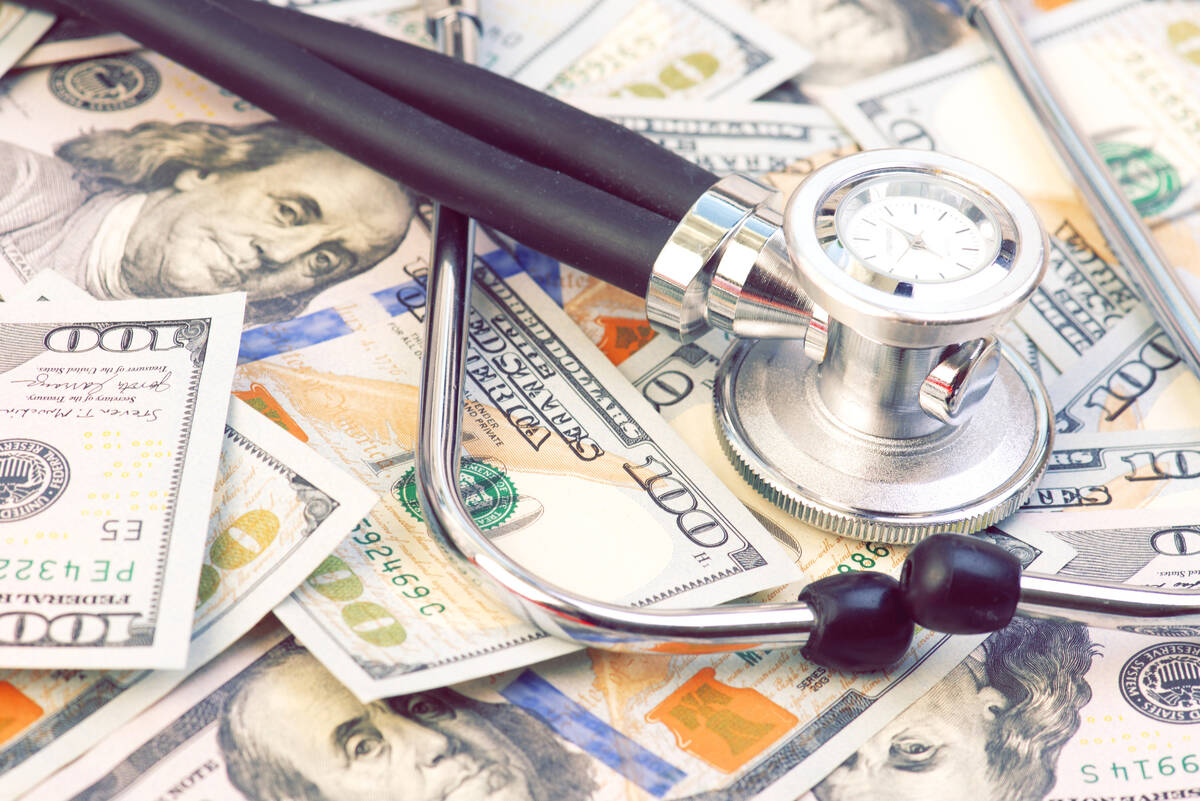Why has my Medicare prescription drug premium increased?
Dear Toni: I am turning 65 in June, self-employed, and my income together with my wife’s is over $300,000. Recently, I received a letter from Social Security telling me that my monthly Medicare Part B premium of $174.70 would double to $349.40 per month because of 2022 reported income.
That was no surprise, but Social Security also said that the monthly adjustment for prescription drug coverage would be an additional $33.30 a month. What is this all about?
I am in excellent health and take no prescriptions. If I do not apply for a Medicare prescription drug plan, do I still have to pay the extra $33.30?
Does applying for a Medicare Advantage plan including Part D, instead of original Medicare and a supplement, help me to avoid the additional $174.70 per month for Part B and the $33.30 per month extra premium for the Part D prescription drug plan? — Mike, Oklahoma City
Dear Mike: Sorry, but you cannot avoid the additional IRMAA (income-related monthly adjusted amount) premiums if your income is above a certain limit, no matter whether you chose original Medicare and a Medicare supplement with a stand-alone prescription drug plan or an Advantage plan with a prescription drug plan.
The rule for Medicare Part D’s additional IRMAA premium went into effect in 2011, and new Medicare Part B and D premiums for all income levels are released every fall.
Social Security bases your rates on the income of you and your spouse (whether they are Medicare age or not). The income levels are based on individual or joint tax return filings. Your modified adjusted gross income amount is what triggers the IRMAA increase.
As you stated, your joint income is over $300,000 and your Medicare prescription drug plan will include the additional $33.30 IRMAA premium.
Although you are not taking prescriptions, failing to enroll in a Part D plan when you enroll in Medicare would result in a Part D penalty when you sign up for a prescription drug plan later on. This penalty lasts for as long as you are on Medicare.
Since you are turning 65 and self-employed, I would advise you to enroll in Medicare Part B and a Part D prescription drug plan, whether with original Medicare plus a supplement and a stand-alone Part D plan or an Advantage plan with Part D, during your initial enrollment period, to avoid a penalty. (This period consists of the three months before your 65th birthday, the month that you turn 65 and the three months afterward.)
Toni King is an author and columnist on Medicare and health insurance issues. If you have a Medicare question, email info@tonisays.com or call 832-519-8664.





























